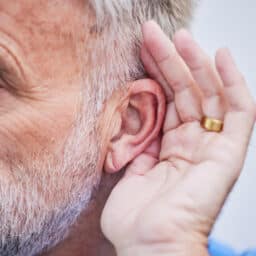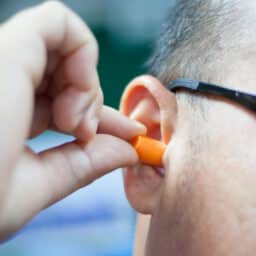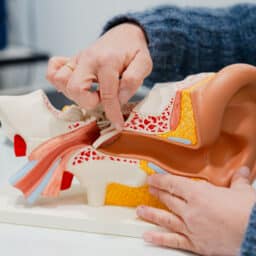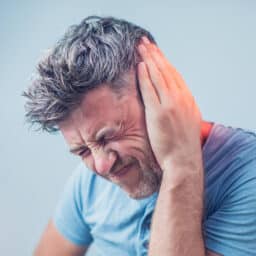How Will Hearing Aids Fit Into My Life?

If you’re considering hearing aids, you’re not alone—approximately 28.8 million U.S. adults could benefit from these remarkable devices. When thinking about diving into hearing treatment, many people worry about how it will affect their daily life. Let’s take a look at what you can expect from your first pair of hearing aids to help you…
New Research Genomes Shows Promise in Restoring Auditory Function

According to the World Health Organization, by 2050, approximately 1.5 billion people are projected to experience some level of hearing loss. A significant cause of this is damage to the inner ear’s hair cells, which are essential for converting sound into signals that the brain can understand. These cells are highly sensitive, and damage from…
Recognizing Teen Hearing Loss: Key Signs You Shouldn’t Ignore

Hearing loss isn’t just a concern for older adults; it can also impact teenagers. With nearly 5.2 million children and teens experiencing noise-related hearing loss, it’s essential to stay alert to the warning signs. The constant exposure to loud music through headphones, noisy environments like concerts and even everyday factors like ear infections or physical…
Protecting Your Hearing After Hearing Loss: Why It Still Matters

Finding out you have hearing loss can feel nerve-wracking, and it often feels easy to give up on hearing protection. It’s important to remember that even after being diagnosed with hearing loss, protecting the hearing you have left is vital. How Does Hearing Loss Affect You? Unnecessary exposure to loud sounds can worsen your hearing…
Why You Shouldn’t Hesitate to Embrace Hearing Aids

Hearing loss is a widespread condition affecting more than 1.5 billion people worldwide. Despite its prevalence, it takes an average of seven years from when a patient suspects hearing loss to when they seek treatment. Why Do Patients Wait To Seek Treatment? Hearing aids are one of the most common hearing loss treatment options. These…
Navigating Restaurants With Hearing Loss: Tips For A Better Dining Experience

Sometimes, cooking doesn’t feel worth the effort. When that’s the case, dining out is the perfect solution. However, dining out with hearing loss often comes with its own challenges. The Challenge Of Dining Out With Hearing Loss When you walk into a busy restaurant, the clamor of clinking glasses, silverware, chatting families and music fills…
Understanding Conductive Hearing Loss: Causes and Management

Being diagnosed with hearing loss can be overwhelming, but understanding the type and cause of your condition is the first step toward effective treatment. Conductive hearing loss, which affects the outer or middle ear, is one of the three main types of hearing loss, alongside sensorineural and mixed. Let’s explore the common causes of conductive…
How Does Hearing Change Over Time?

Our hearing ability allows us to communicate and stay engaged with others. However, as we age, our hearing ability naturally declines due to a condition known as presbycusis. Understanding why this happens and recognizing the signs can help manage and mitigate its effects, maintaining a better quality of life. What is Presbycusis? Presbycusis, also known…
How to Accept Your Hearing Loss

Approximately one in 10 people in the United States live with some degree of hearing loss. Accepting your hearing loss can be an empowering experience that paves the way for effective treatment and improved quality of life. Three Tips for Accepting Your Hearing Loss Accepting your hearing loss may take some time. A few ways…
Understanding Permanent and Temporary Tinnitus

Tinnitus is characterized by a ringing or buzzing in the ear with no external source. It is often a symptom of underlying conditions rather than a standalone disorder and affects approximately 50 million people in the United States. Side Effects of Tinnitus Tinnitus can have several side effects, including: Causes of Temporary and Permanent Tinnitus…